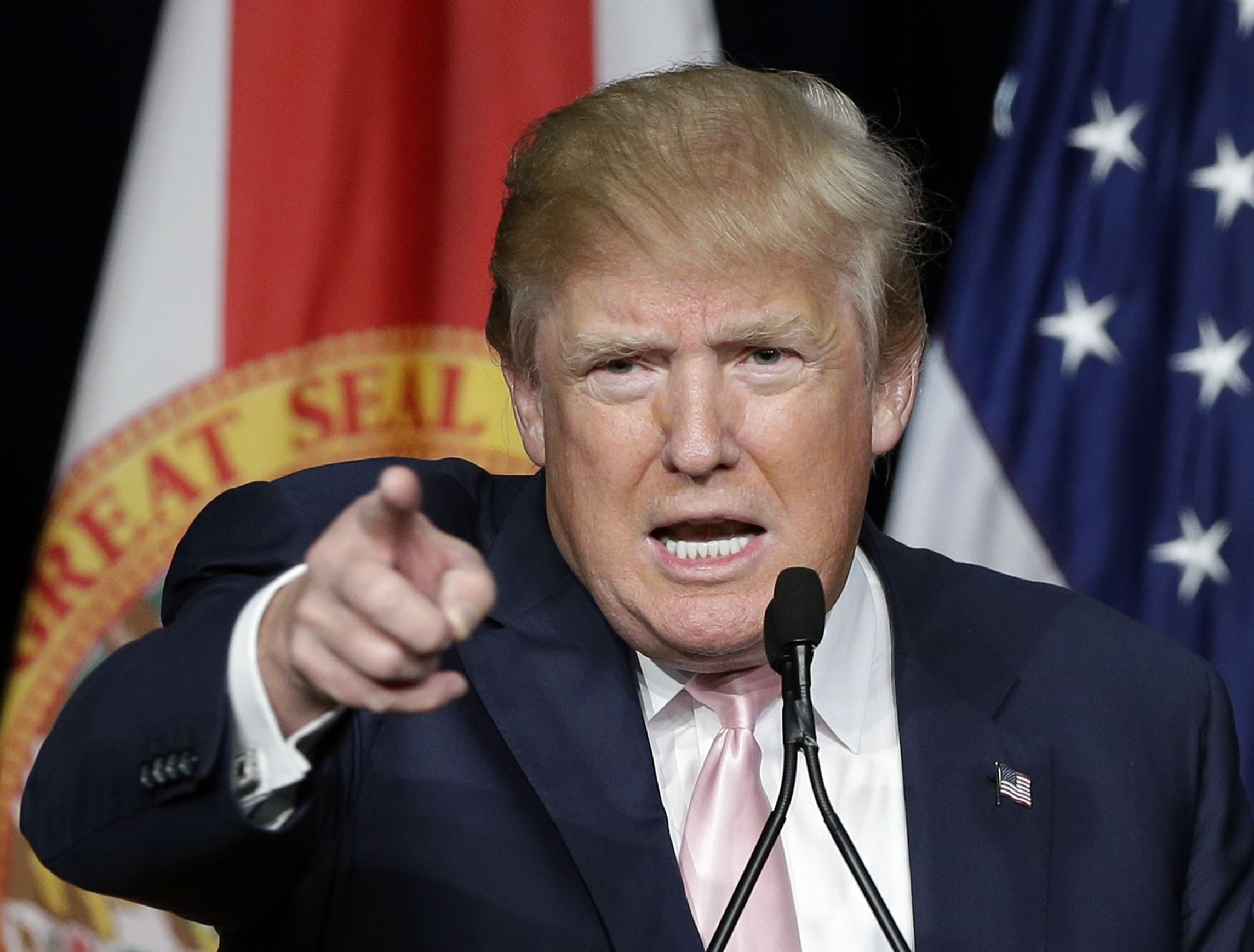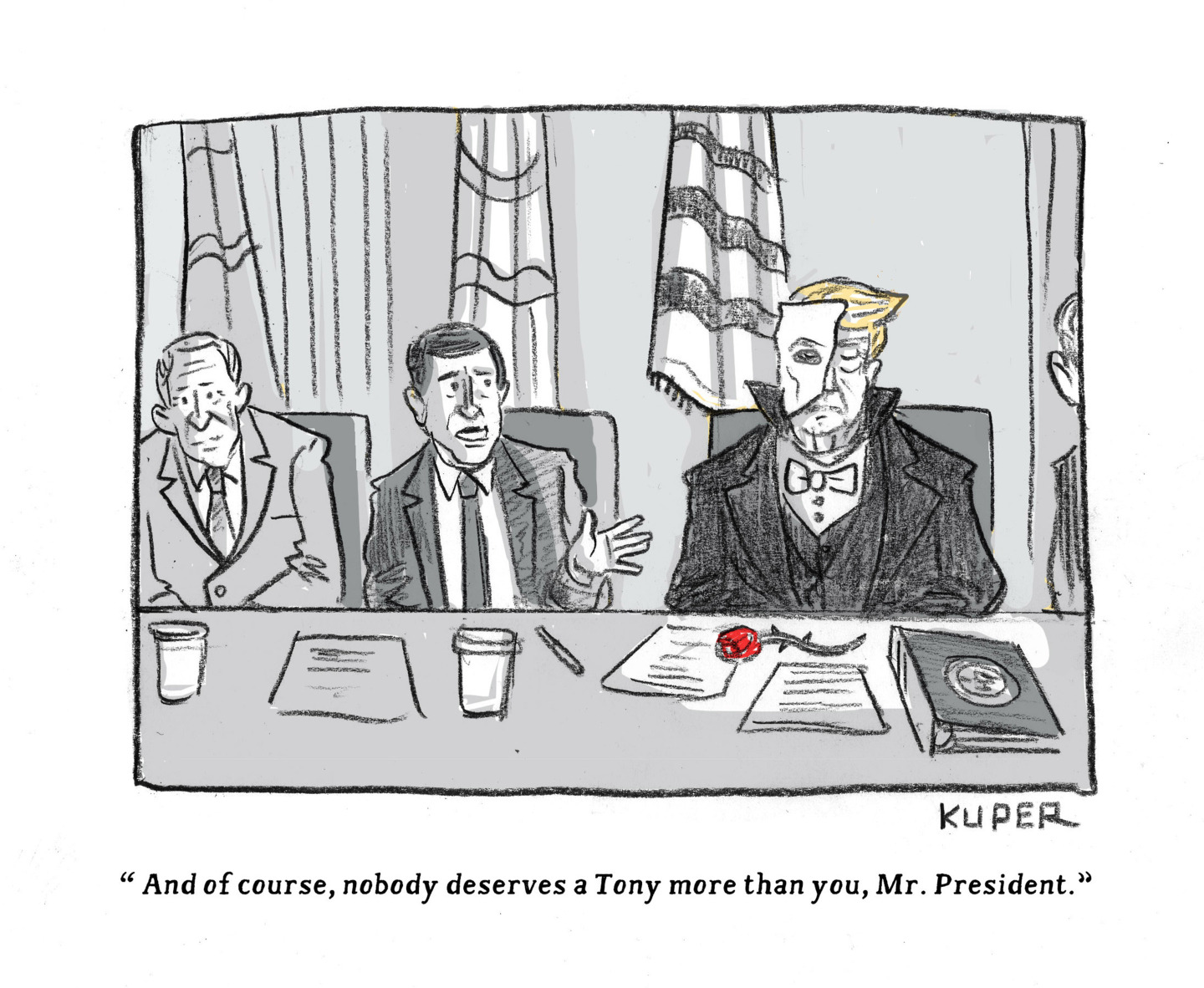Why the Paris attacks will only empower Donald Trump and Ben Carson
Will conservatives want a wiser, steadier hand in dangerous times? Nope.


Throughout this bizarre Republican presidential race, those derisively referred to as the party's establishment have reassured themselves with this thought: Eventually, our voters will come around. They'll end their fascination with these buffoonish "outsiders" who proudly proclaim that they know virtually nothing about how government works. They'll turn back toward a more experienced candidate who has a chance to win the general election. After all, that's what they always do. There may be a fight in the primaries, but the comforting middle-aged white guy is the one who gets the nomination in the end. And at this point, the establishment would settle for someone who isn't middle-aged or white, as long as he's not Donald Trump or Ben Carson.
But if they think that the terrorist attacks in Paris will bring that day any closer, they've got another thing coming.
Nevertheless, with our attention turned back to terrorism, those establishment figures are practically breathing a sigh of relief. Now our voters will come around, they're saying. "I think that when you look at the dimensions of this tragedy, most Republican voters will not be satisfied with 'We'll bomb the S out of them," Sen. John McCain (R-Ariz.) told The New York Times, referring to Trump's comments about ISIS. "Bombast doesn't cut it. Inexperience doesn't cut it," agreed former Homeland Security Secretary Tom Ridge.
The Week
Escape your echo chamber. Get the facts behind the news, plus analysis from multiple perspectives.

Sign up for The Week's Free Newsletters
From our morning news briefing to a weekly Good News Newsletter, get the best of The Week delivered directly to your inbox.
From our morning news briefing to a weekly Good News Newsletter, get the best of The Week delivered directly to your inbox.
"Those who have a record of governance and demonstrated leadership capabilities — their stock is going to rise." "It's one thing to have a protest vote," said Rep. Peter King of New York. "If anything good can come of this tragedy, I would hope it would steer the debate toward who can handle Al Qaeda and ISIS and away from sound bites." That came from a Politico article that noted with admiration that some of the non-outsider candidates "spoke fluently on foreign affairs on the Sunday shows," adding that Jeb Bush also "spoke confidently about foreign affairs on both CNN's 'State of the Union' and NBC's 'Meet the Press.'"
That's not exactly a high bar — "speaking confidently" is what politicians do, whether they actually know anything or not. But is there any reason to believe that Republican voters are going to turn away from Trump and Carson and toward some seasoned, steady alternative? When was the last time the electorate reacted to a foreign threat with cool, considered rationality? Don't forget that we're not talking about the whole electorate here, just the Republican one.
If anything, a large terrorist attack — even one overseas, let alone one here in the United States — is likely to push voters toward the candidates offering the most simplistic answers, the answers with high emotional content that feed both people's fears and their desire to strike out against those who would make them afraid. What's going to be more compelling to primary voters, the candidate who says, "We need a carefully crafted strategy that plans for the long-term and accounts for the complex politics of the region," or the one who says, "Bomb them all to hell!"?
Here's the second problem with the hopes of the establishment: Who's the seasoned statesman they have in mind? Is it Jeb Bush, who couldn't seem to figure out whether invading Iraq was a good idea, and has run the most disappointing campaign we've seen in decades? Is it Marco Rubio, the 44-year-old senator who thinks we're in a "clash of civilizations" with ISIS, as though the group constituted its own civilization? Is it Lindsey Graham, polling at the asterisk level, who is constantly peeing his pants over every threat, real or imagined, and wants to launch almost a full-scale re-invasion of Iraq (and Syria) because "there's a 9/11 coming" if we don't? Is it Ted Cruz, who thinks we should bar all Muslim refugees from Syria and accept only Christians? Is it Mike Huckabee, who says that the Paris attacks show why we should trash the nuclear agreement with Iran?
A free daily email with the biggest news stories of the day – and the best features from TheWeek.com
If someone could point me to the experienced Republican candidate who has thoughtful, serious ideas about how to combat ISIS, that would be great. Because I can't say I've noticed him or her among the competitors. And there's no reason to think the Republican electorate would be interested in that person. When Donald Trump says he'd "strongly consider" closing down mosques, don't wait for the voters to rise up in disgust. A recent PPP poll found that 30 percent of Republicans in Iowa believe Islam should be outlawed; another 21 percent weren't sure. In North Carolina, the GOP electorate split 40-40 on whether Islam should be legal.
Many Republican voters have long responded to messages on national security aimed right at the non-thinking portion of their brains. You're with us or you're with the terrorists! Fight 'em over there so we don't have to fight 'em over here! It's possible the issue of terrorism will fade by the time we get to the election a year from now, but either way, Republicans won't be gravitating toward a wise and steady foreign policy hand to carry their banner, for a simple reason: They don't want to, and even if they did, they don't have anyone to turn to.
Paul Waldman is a senior writer with The American Prospect magazine and a blogger for The Washington Post. His writing has appeared in dozens of newspapers, magazines, and web sites, and he is the author or co-author of four books on media and politics.
-
 5 prize-winning cartoons about Donald Trump's appetite for awards
5 prize-winning cartoons about Donald Trump's appetite for awardsCartoons Artists take on operatic ambitions, peace prize pacifiers, and more
-
 Will Trump’s $12 billion bailout solve the farm crisis?
Will Trump’s $12 billion bailout solve the farm crisis?Today’s Big Question Agriculture sector says it wants trade, not aid
-
 ‘City leaders must recognize its residents as part of its lifeblood’
‘City leaders must recognize its residents as part of its lifeblood’Instant Opinion Opinion, comment and editorials of the day
-
 Has Zohran Mamdani shown the Democrats how to win again?
Has Zohran Mamdani shown the Democrats how to win again?Today’s Big Question New York City mayoral election touted as victory for left-wing populists but moderate centrist wins elsewhere present more complex path for Democratic Party
-
 Millions turn out for anti-Trump ‘No Kings’ rallies
Millions turn out for anti-Trump ‘No Kings’ ralliesSpeed Read An estimated 7 million people participated, 2 million more than at the first ‘No Kings’ protest in June
-
 Ghislaine Maxwell: angling for a Trump pardon
Ghislaine Maxwell: angling for a Trump pardonTalking Point Convicted sex trafficker's testimony could shed new light on president's links to Jeffrey Epstein
-
 The last words and final moments of 40 presidents
The last words and final moments of 40 presidentsThe Explainer Some are eloquent quotes worthy of the holders of the highest office in the nation, and others... aren't
-
 The JFK files: the truth at last?
The JFK files: the truth at last?In The Spotlight More than 64,000 previously classified documents relating the 1963 assassination of John F. Kennedy have been released by the Trump administration
-
 'Seriously, not literally': how should the world take Donald Trump?
'Seriously, not literally': how should the world take Donald Trump?Today's big question White House rhetoric and reality look likely to become increasingly blurred
-
 Will Trump's 'madman' strategy pay off?
Will Trump's 'madman' strategy pay off?Today's Big Question Incoming US president likes to seem unpredictable but, this time round, world leaders could be wise to his playbook
-
 Democrats vs. Republicans: who are US billionaires backing?
Democrats vs. Republicans: who are US billionaires backing?The Explainer Younger tech titans join 'boys' club throwing money and support' behind President Trump, while older plutocrats quietly rebuke new administration
